More Nobel
Nobel Day is in Sweden a special day, a noble day.
-
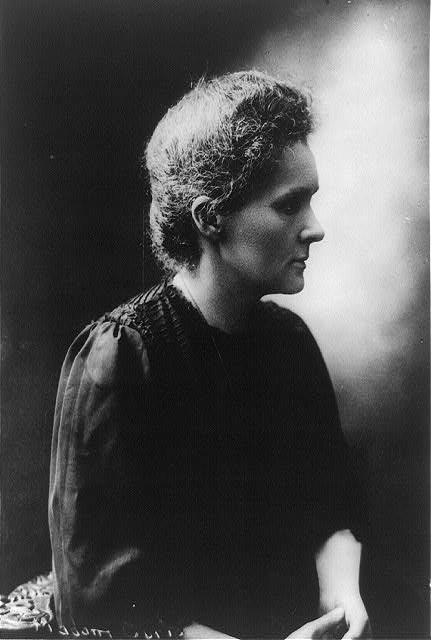 Marie Sklodowska-Curie (1867-1934) the only woman who has ever received the Nobel Prize twice, and also matriarch in the family with most Nobel Prizes altogether.
Marie Sklodowska-Curie (1867-1934) the only woman who has ever received the Nobel Prize twice, and also matriarch in the family with most Nobel Prizes altogether. -
-
More Nobel
December 10, Nobel Day is in Sweden always a special day. Though most of us have no clue what the impact of the Nobel Prizes have or may have in the future, we all look forward to the glamour and elegance mixed with tradition and intelligence, an unbeatable concept.
Read more about the prizes, the ceremony and the inventor, Alfred Nobel in Nobel by name, noble by nature We look forward to seeing what the women are wearing (the men are rather limited after all), and we look forward to reading about what was on the menu. But there are some lesser-known facts about the Nobel prizes and their recipients. Let’s take a look at those. -
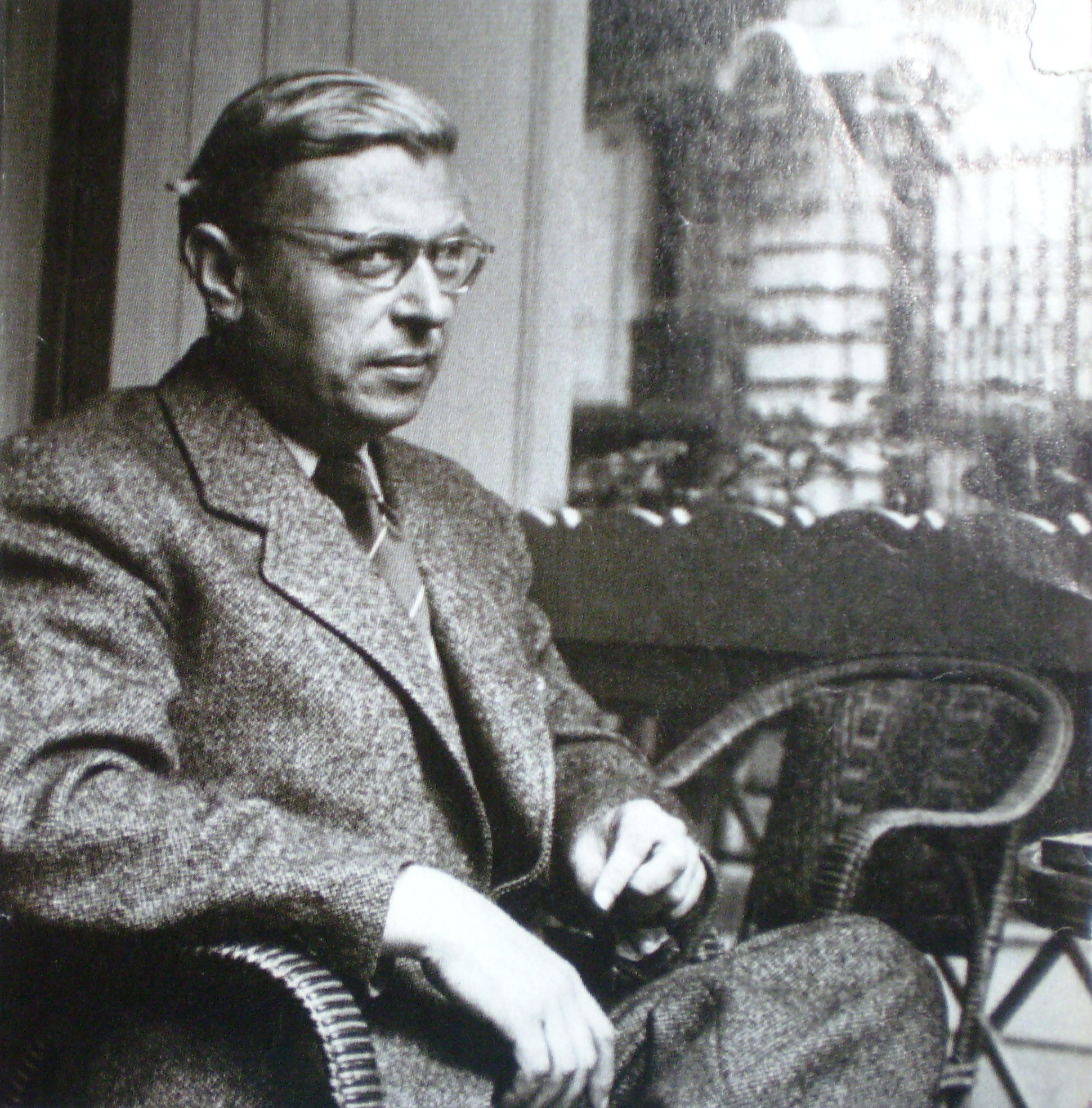 Jean-Paul Sartre (1905-1980), turned down the Nobel Prize in Literature in 1964. He later tried - in vain - to retrieve it.
Jean-Paul Sartre (1905-1980), turned down the Nobel Prize in Literature in 1964. He later tried - in vain - to retrieve it. -
-
Did you know only four people have received the Nobel Prize twice?
Marie Curie, 1903 in Physics and 1911 in Chemistry
Linus Pauling, 1954 in Chemistry, and 1962 in Peace
John Bardeen, 1956 and 1972 both times in Physics
Frederick Sanger, 1958 and 1980 both times in Chemistry -
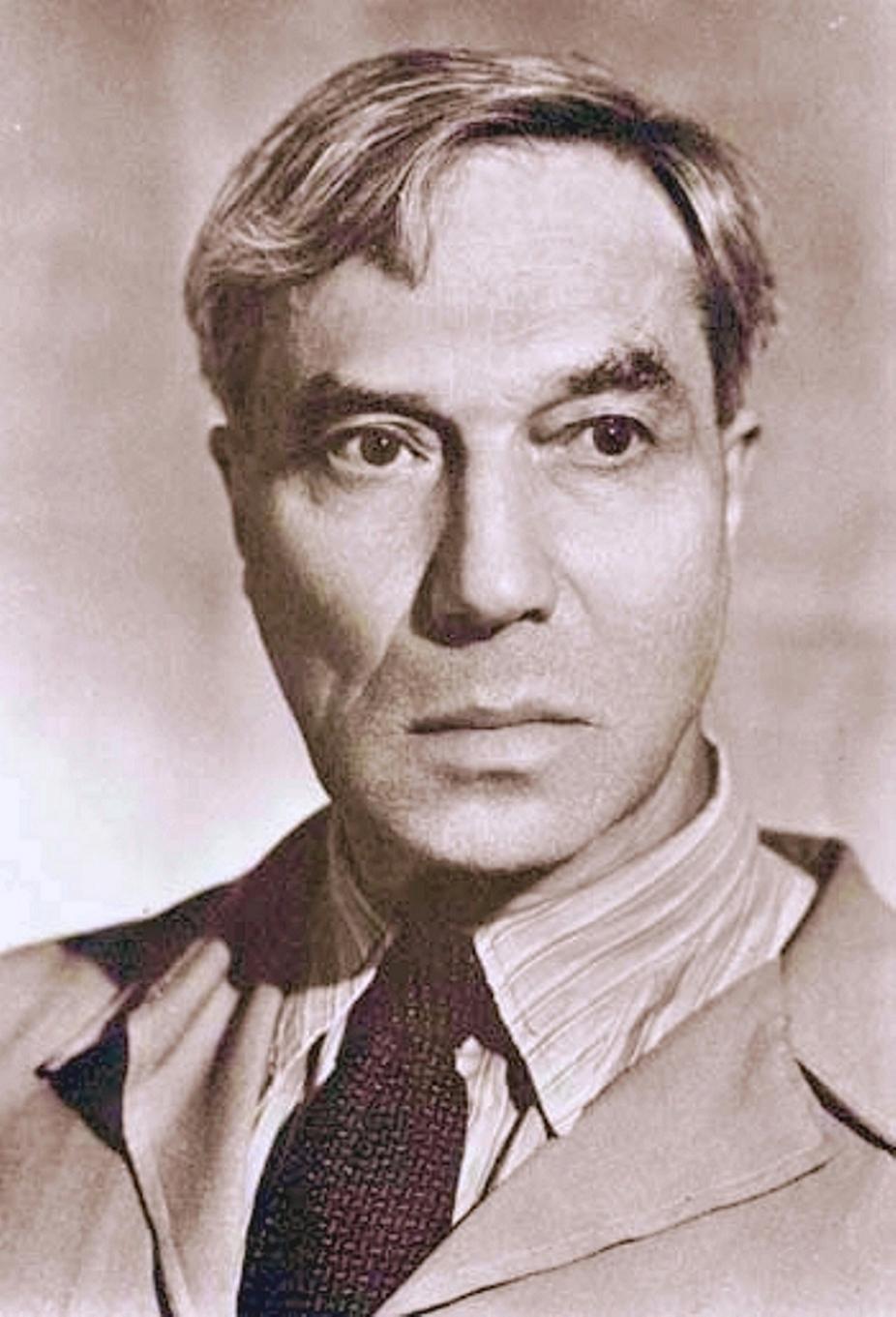 Soviet author Boris Pasternak (1890-1960, most famous probably for his novel "Doctor Zhivago") was forbidden by Soviet authorities to accept the 1958 Nobel Prize in Literature. His son collected it in 1989.
Soviet author Boris Pasternak (1890-1960, most famous probably for his novel "Doctor Zhivago") was forbidden by Soviet authorities to accept the 1958 Nobel Prize in Literature. His son collected it in 1989. -
Two people have declined the Nobel Prize: Jean Paul Sartre for the prize in Literature in 1964 and Le Duc Tho for the Peace prize in 1973. Sartre called the Nobel Committee a couple of years later wanting to retrieve the prize with no success: A Nobel Prize must be retrieved before October the year after it was being awarded, or it won’t be given out at all. Exceptions are only made if the recipient is imprisoned.
-
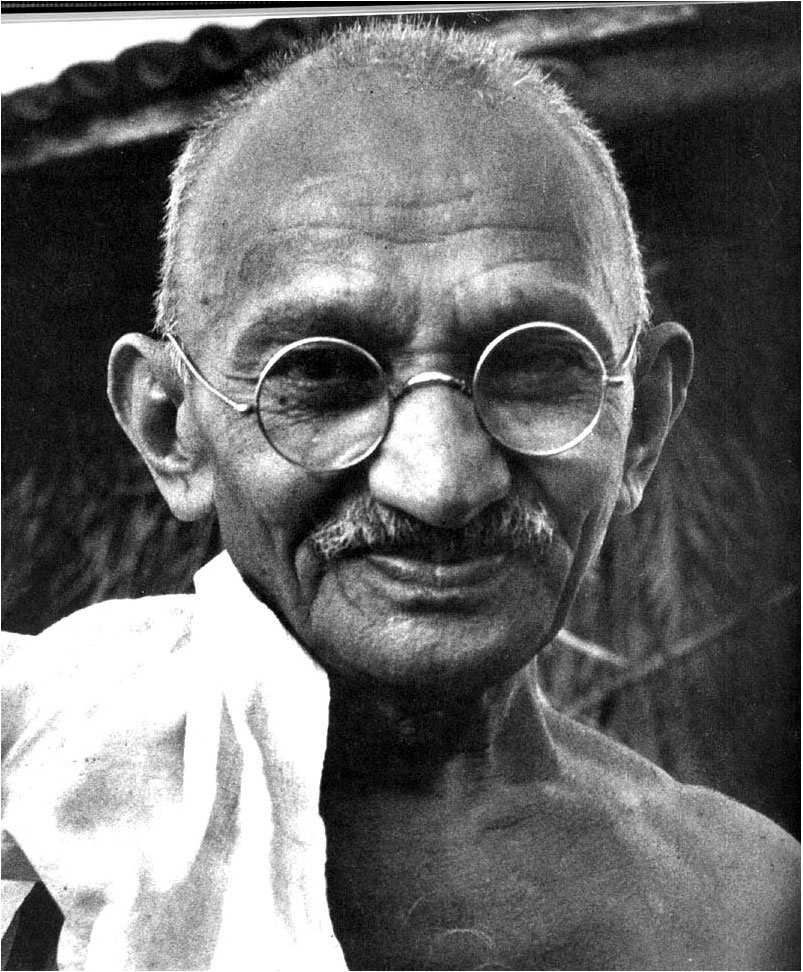 Mahatma Gandhi (1869-1948) one of the persons overlooked for the Nobel Peace Prize.
Mahatma Gandhi (1869-1948) one of the persons overlooked for the Nobel Peace Prize. -
Three German Nobel recipients Richard Kuhn, Adolf Butenandt, and Gerhard Domagk were forbidden to pick up their prizes by Nazi law, after the Nazi-critical Carl von Ossietzky had won the Nobel Peace Prize in 1935. Soviet author Boris Pasternak was forbidden by Soviet authorities to accept the prize in Literature in 1958, Pasternak died two years later. In 1989, after the fall of the Berlin wall, Pasternak’s son Evgeny received the prize in Stockholm on behalf of his late father.
-
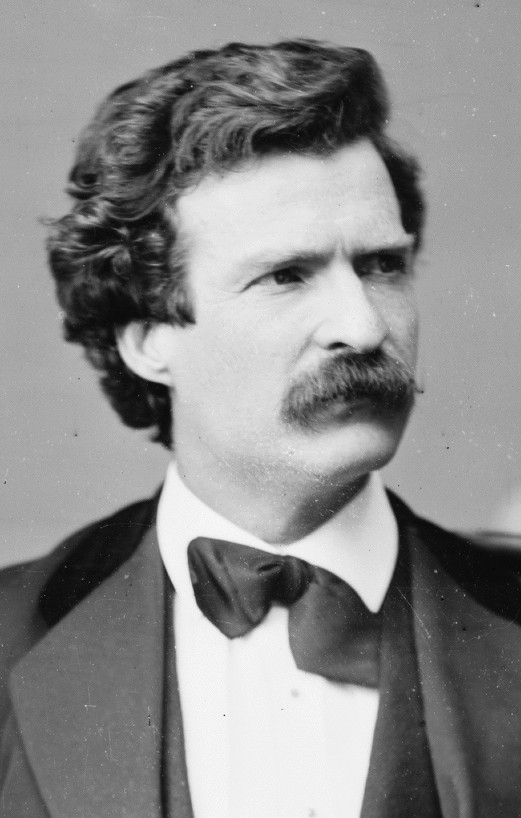 Mark Twain (1835-1910) never received the Nobel Prize in Literature...
Mark Twain (1835-1910) never received the Nobel Prize in Literature... -
The award of the 2004 Literature Prize to Elfriede Jelinek drew a protest from a member of the Swedish Academy, Knut Ahnlund. Ahnlund resigned, alleging that the selection of Jelinek had caused "irreparable damage to all progressive forces, it has also confused the general view of literature as an art." He alleged that Jelinek's works were "a mass of text shoveled together without artistic structure."
-
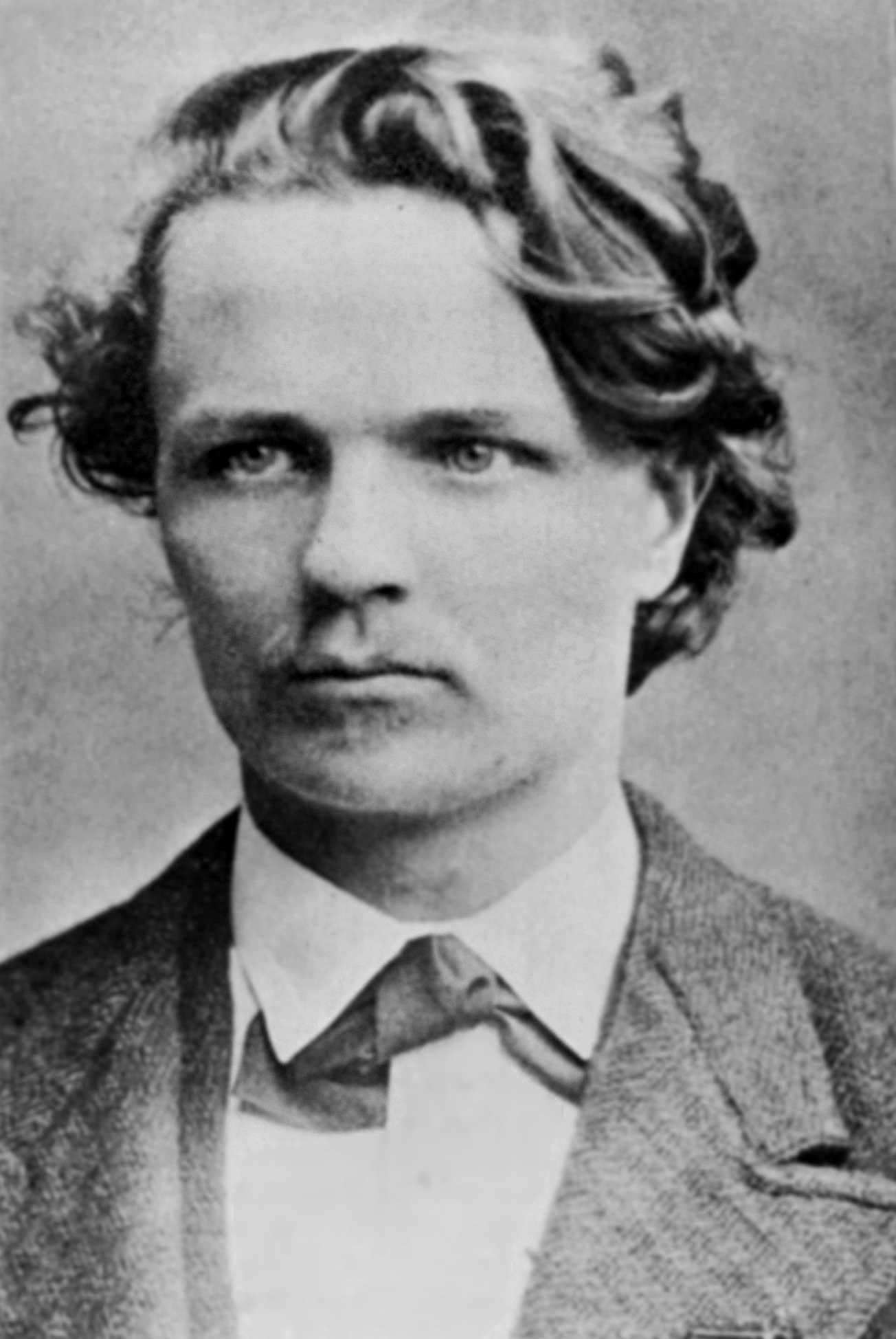 neither did August Strindberg (1849-1912). Nor will they as posthumous nominations are not permitted.
neither did August Strindberg (1849-1912). Nor will they as posthumous nominations are not permitted. -
In 1949, the Portuguese neurologist António Egas Moniz received the Physiology or Medicine Prize for his development of the prefrontal leucotomy. The previous year Dr. Walter Freeman had developed a version of the procedure, which was faster and easier to carry out. Due in part to the publicity surrounding the original procedure, Freeman's procedure was prescribed without due consideration or regard for modern medical ethics. Endorsed by such influential publications as “The New England Journal of Medicine”, leucotomy or "lobotomy" became so popular that about 5,000 lobotomies were performed in the United States in the three years immediately following Moniz's receipt of the Prize.
-
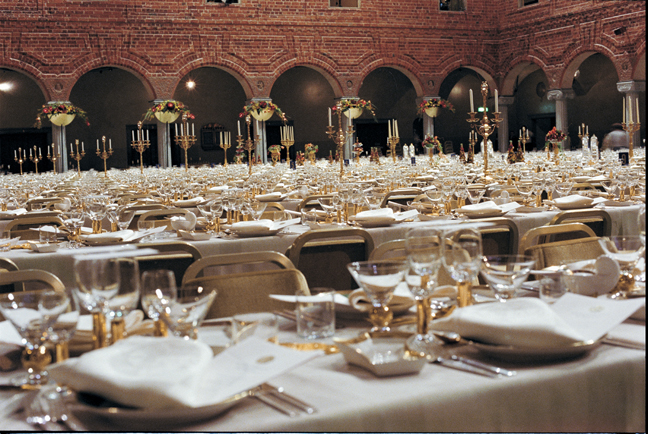 The table setting a fine example of recent Scandinavian design through and through. Published in Nordic Reach/Sweden & America, 2001.
The table setting a fine example of recent Scandinavian design through and through. Published in Nordic Reach/Sweden & America, 2001. -
The Norwegian Nobel Committee confirmed that Mahatma Gandhi was nominated for the Peace Prize in 1937–39, 1947 and a few days before he was assassinated in January 1948. Later members of the Norwegian Nobel Committee expressed regret that he was not given the prize. Other persons mentioned as having been overlooked for the Nobel Prize in Peace are: Eleanor Roosevelt, Václav Havel, Ken Saro-Wiwa, Sari Nusseibeh, and Corazon Aquino.
-
Why do the Norwegians give out 'a Swedish prize'?
The Nobel Peace Prize is one of five Nobel Prizes bequeathed by Swedish industrialist and inventor Alfred Nobel (1833-1896). According to his will, the Peace Prize should be awarded to “the person who shall have done the most or the best work for fraternity between nations, for the abolition or reduction of standing armies and for the holding and promotion of peace congresses.” Nobel’s will also stated that the prize should be awarded by a committee of five people elected by the Norwegian Parliament. But why Norwegian and not Swedish? Well, at the time of Nobel’s will, Norway and Sweden were still in union, and with Sweden responsible for all foreign policy, Nobel felt that the prize might be less subject to political corruption if awarded by Norway. The Peace Prize is presented annually in Oslo in the presence of the Norwegian King Harald V, on December 10 (the anniversary of Nobel’s death) and it is the only Nobel Prize not presented in Stockholm. Previous Nobel Peace Prize Winners include: Theodore Roosevelt (1906), Hjalmar Branting (1921), Dag Hammarskjöld (1961), Martin Luther King Jr. (1964), Henry Kissinger (1973), Elie Wiesel (1986), Yasser Arafat (1994), Jimmy Carter (2002) and Al Gore (2007). -
There’s been a heavy focus on European and Swedish authors when it comes to Nobel Prizes in Literature, and this has been criticized. The Eurocentric nature of the award was acknowledged by Peter Englund, the 2009 Permanent Secretary of the Swedish Academy, as a problem with the award and was attributed to the tendency for the academy to relate more to European authors. Notable authors who have been overlooked for the prize: Leo Tolstoy, Anton Chekhov, Émile Zola, Jorge Luis Borges, Marcel Proust, Vladimir Nabokov, Ezra Pound, James Joyce, August Strindberg, Simon Vestdijk, John Updike, Arthur Miller, Chinua Achebe and Mark Twain. Posthumous nominations are not permitted.
-
The family with the most Nobel Prizes is the Curie family: Marie Curie received the prize twice, the first time (1903) she shared it with her husband Pierre Curie and Henri Becquerel, the second time (1911) she received it alone. Her and Pierre’s daughter Irène Joliot-Curie and her husband Frédéric Joliot-Curie received the Chemistry Prize in 1935. Also, the husband of Marie and Pierre Curie’s second daughter Eve, was married to the director of UNICEF, Henry Labouisse, who accepted the Nobel Peace Prize on behalf of UNICEF in 1965.
-
-
-
